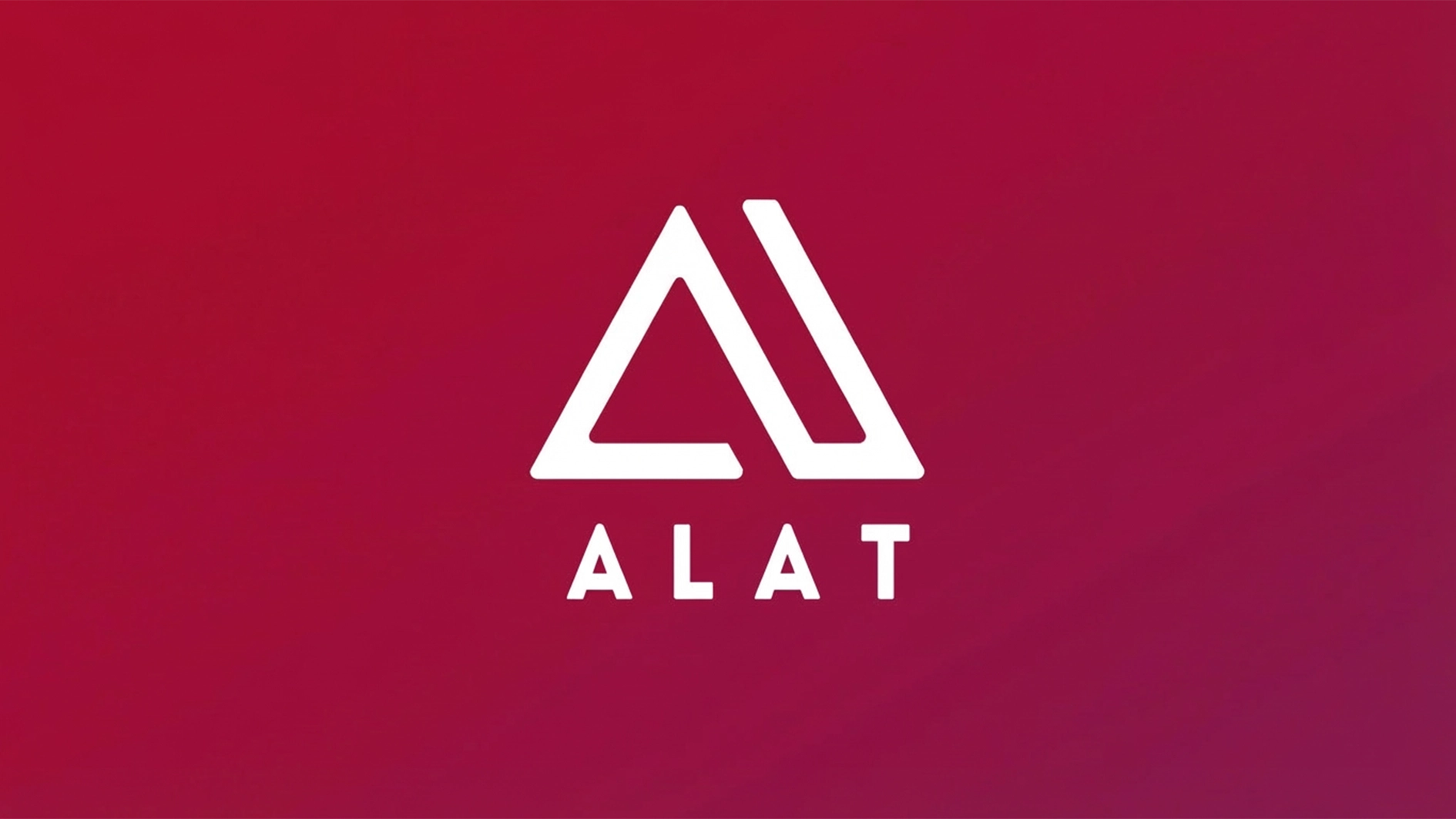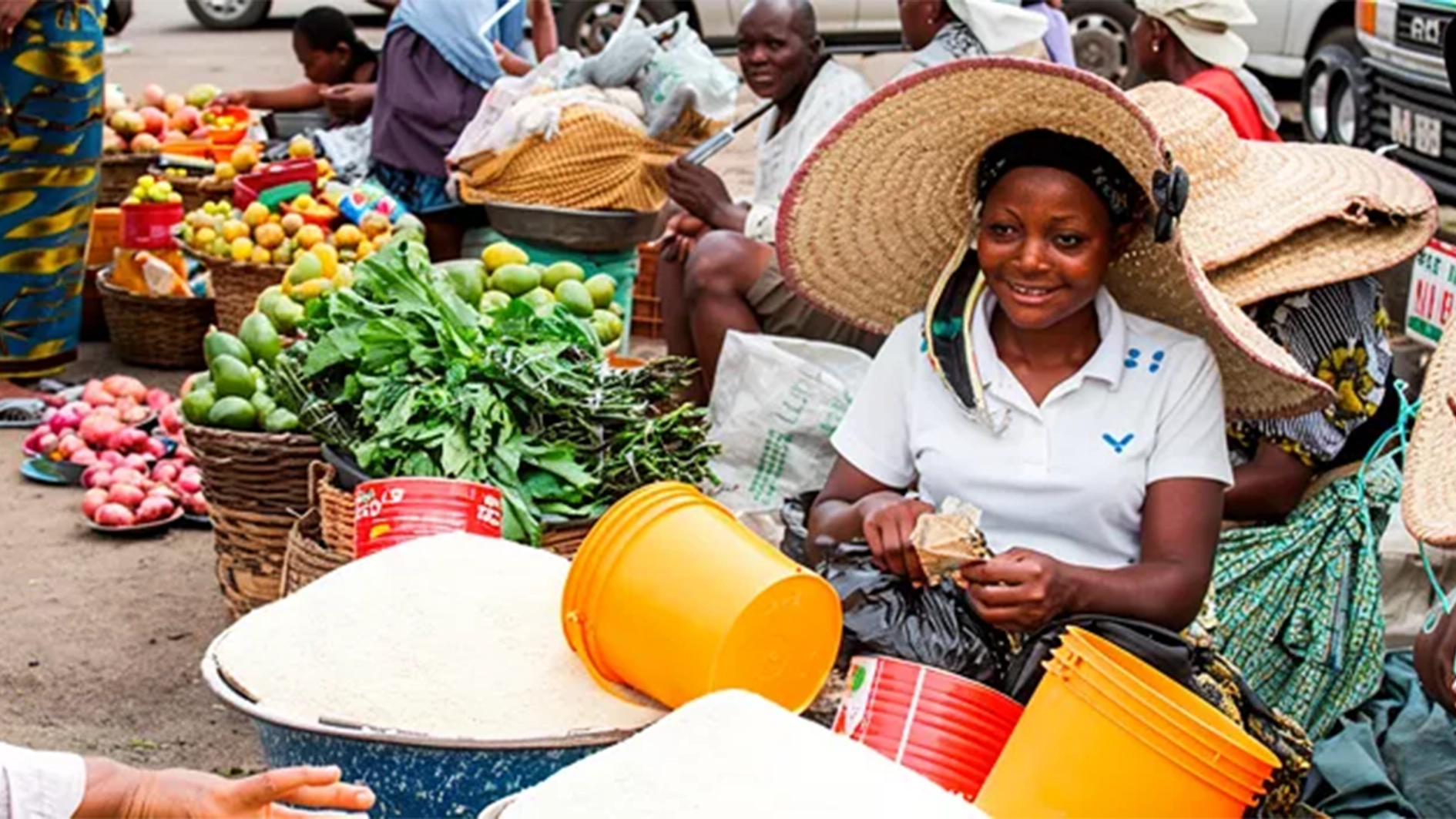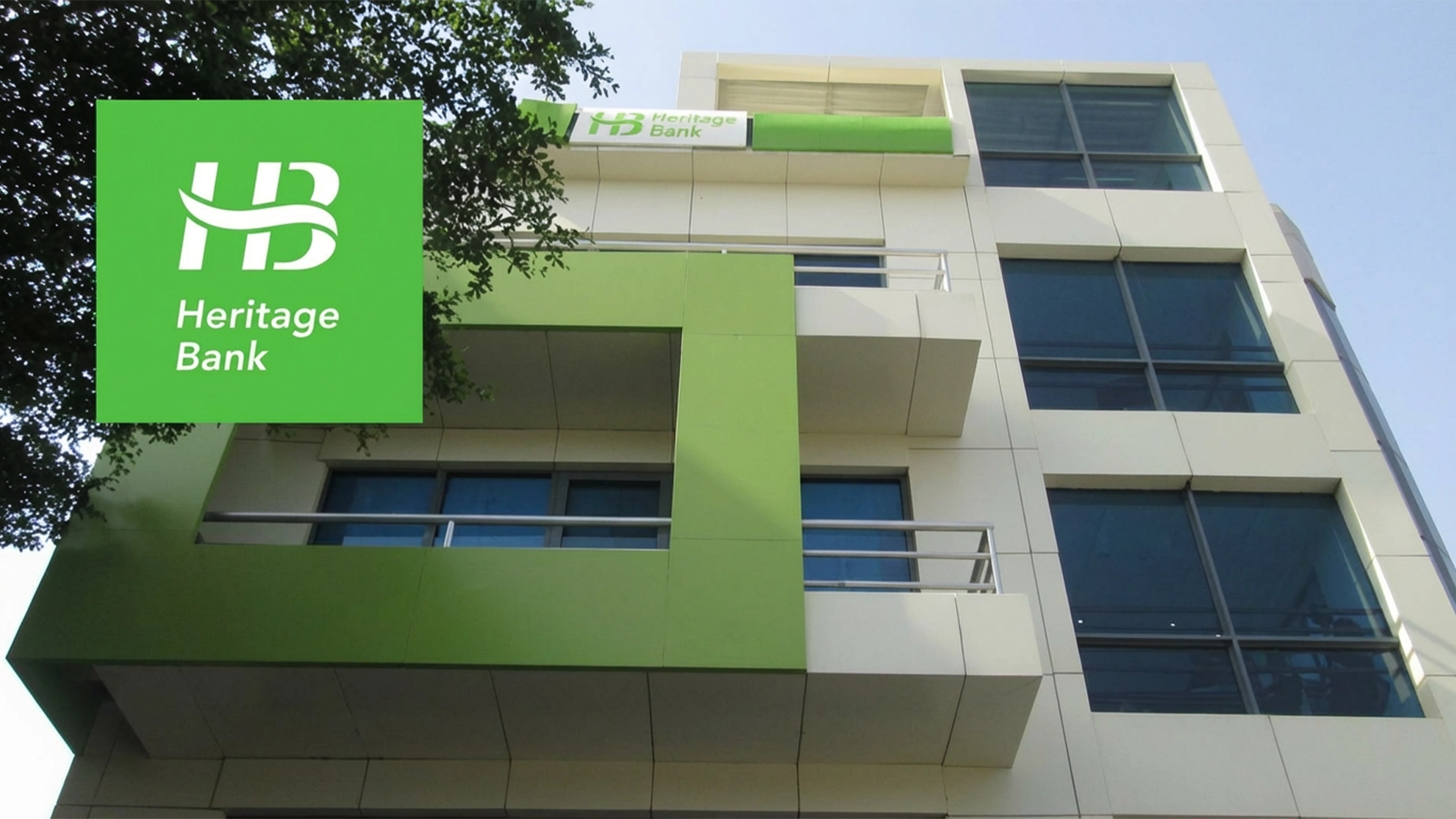
With the uncertainty surrounding production and demand due to the coronavirus pandemic, oil producers are beginning to deepen investment in gas production, to hedge impact and align with the government’s gas-to-power agenda.
With proven natural gas reserves now at 203.16trillion cubic feet (tcf), and crude oil reserves at 36.89 billion barrels (bb) as at January 1, 2020, the Federal Government announced new targets of 210tcf by 2025, and 220tcf by 2030 for its gas reserves, going by new discoveries.
According to Seplat Petroleum Development Company Plc, there are plans for two gas wells and related infrastructure, with a full-year capital expenditure of $120 million, even though about $86million has already been invested in the project.
Similarly, in its call transcripts on the first quarter results for 2020, Chief Executive Officer, Royal Dutch Shell, Ben van Beurden, said the company is targeting a reduction in underlying operating costs by $3 billion to $4 billion per annum over the next 12 months, compared to 2019 levels.
He also confirmed the deferral of final investment decisions (FIDs), and exit from early stage projects, saying: “We do not have to invest further in feasibility expenditure. We will, of course, still look for opportunities to protect or generate further value, where that then makes sense.”
The Anglo-Dutch local unit, Shell Petroleum Development Company (SPDC), last year, said it would invest about $15 billion across 24 oil and gas projects in Nigeria in the next five years.
Total, the sixth-biggest LNG producer in the world in 2018, is also looking to expand its gas footprint, as evidenced by its deal to buy Anadarko’s LNG-focused assets in Africa from Occidental, if Oxy’s bid for the US independent is successful.
Meanwhile, Seplat announced that its cash increased to $343million despite lower revenues, for the six months ended June 30, 2020, even as revenue for the period stood at $234million amid lower oil prices and demand.
Commenting on the results, the Chief Executive Officer, Seplat, Austin Avuru, said: “Seplat has delivered a robust performance despite the unprecedented crises we have experienced since March. Our continued resilience is possible as a result of our financial strength, our careful management of risk and our prudent approach to capital allocation. Unlike many in our industry, we were able to protect our 2019 dividend and increase our capital investment to ensure continued g rowth.”
Seplat’s oil hedging strategy and gas revenues, according to Avuru, have continued to protect the business from price volatility, while achieving substantial cost reductions from its suppliers, and managing own costs even more carefully in this challenging period.
For its outlook, the company maintained its previous guidance of 47,000 to 57,000 boepd and expressed confidence about market recovery in the coming months.






